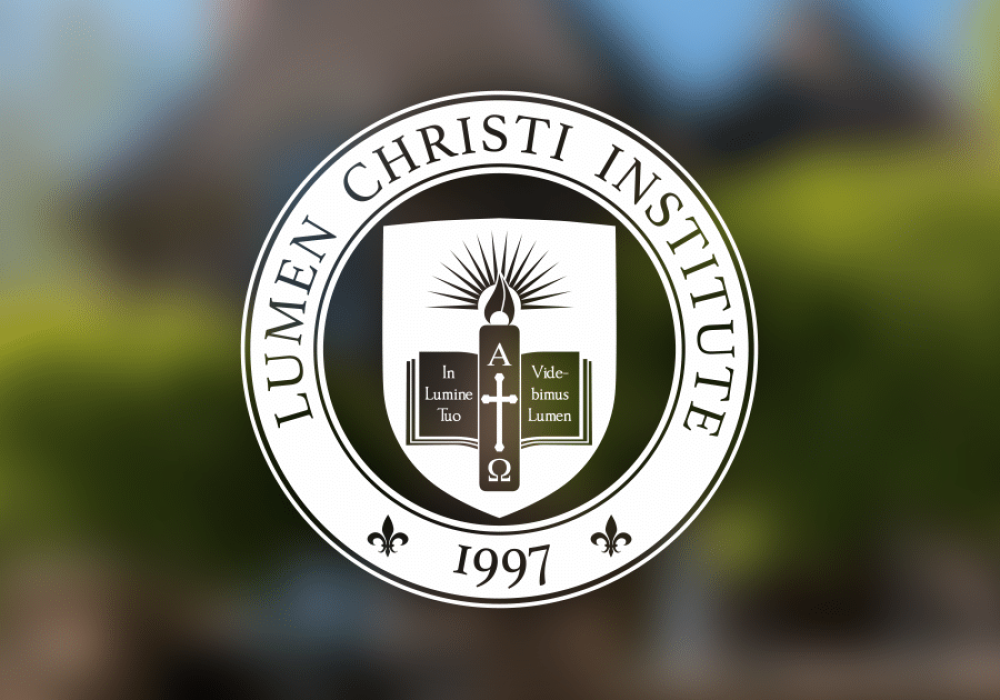Aryeh Kosman (Haverford College)
Cosponsored by the Philosophy Department
Aristotle’s remarks in the last book of the Nicomachean Ethics that the highest form of happiness consists in θεωρία is often translated as revealing happiness to consist in contemplation, without noting that both terms designate a kind of seeing, a mode of vision. This oversight if more remarkable when we recall that the vision in question is that of the divine. What does Aristotle mean by “seeing the divine?” This lecture will suggest that one way to understand Aristotle is to hear him as urging that happiness is associated with seeing the world as divine. Such seeing looks beyond the structuring of the world as good and bad and sees the world simply as it is. The association of this seeing with νοῦς makes precisely this point: νοῦς sees things simply as they are. Seeing the world’s divinity is not to have failed in judgment; it is to have relinquishedjudgment as to good and bad and as to the success of things going well or not well. It is simply to accept the presence of the world as its mere being, a being that in its shining bestows its presence upon sentient subjects like ourselves.

